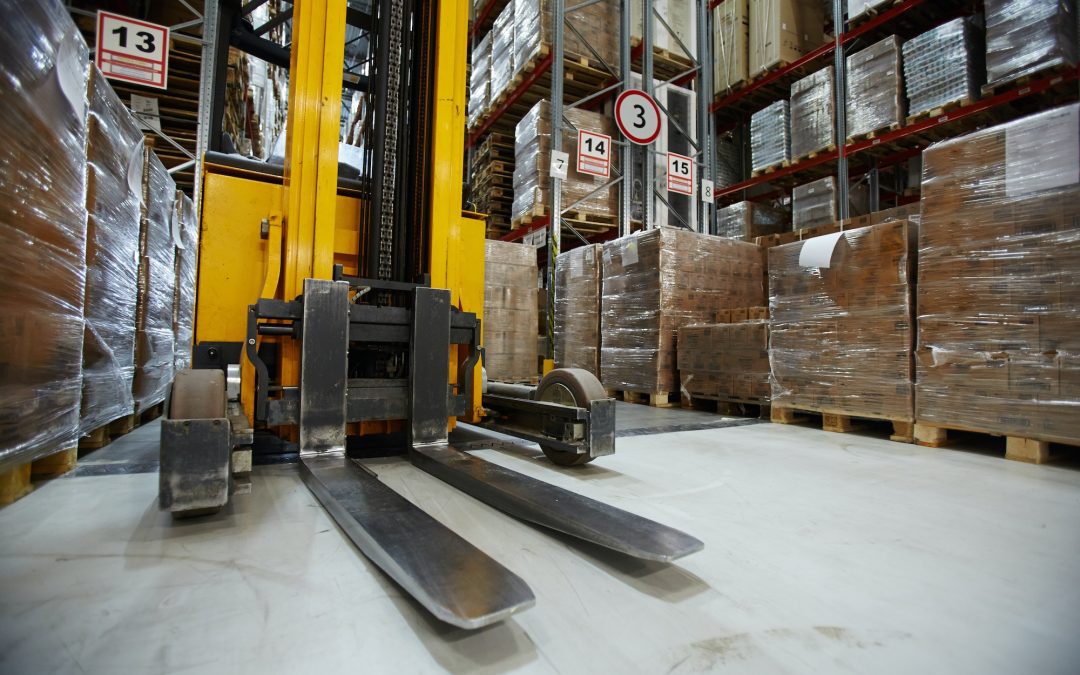The use of forklifts and other materials handling equipment is widespread in many industries, and the importance of managing these fleets is becoming increasingly important. With the advent of smart technologies, forklift fleets are becoming more efficient and productive. In this article, we will explore the ways in which smart technologies are transforming the future of forklift fleet management.
The Benefits of Smart Technology
Smart technology brings a range of benefits to fleet management, from improved safety and efficiency to reduced costs. Smart technology can help to reduce the risk of accidents, as well as increasing the accuracy of data inputs, allowing for better decision-making. Smart technology can also increase efficiency by allowing for automatic data collection and analysis, as well as providing real-time information on the state of the fleet.
By using smart technologies, forklift fleets can be monitored in real-time, allowing for quick and efficient responses to any issues that arise. This can lead to improved productivity, as well as improved safety. Smart technology can also be used to automate processes, reducing the need for manual input and allowing for more accurate data collection.
Predictive Maintenance and Fleet Tracking
Smart technology can be used to track and monitor a fleet in real-time, allowing for more accurate and efficient decisions to be made. Predictive maintenance can also be used to alert managers to potential issues before they become serious, reducing the risk of costly repairs. Predictive maintenance can also be used to improve the overall efficiency of the fleet by reducing downtime and increasing productivity.
Fleet tracking can also be used to monitor the performance of each forklift, allowing for better decision-making. Tracking can help to identify areas that need improvement, as well as identify opportunities for improvement in areas such as fuel efficiency, safety, and maintenance.
Integrating Smart Technologies Into Existing Systems
Integrating smart technologies into existing systems can be a complex process, but it is essential for successful implementation. Integrating smart technologies into existing systems can help to reduce the cost of implementation and ensure that the technology is used effectively. It can also help to improve the accuracy of data and provide a more efficient way of managing the fleet.
Integrating smart technologies into existing systems can also help to improve safety and reduce the risk of accidents. This can be done by automating processes such as forklift inspection and providing real-time alerts of any potential hazards. Smart technology can also be used to track the performance of each forklift and identify areas that need improvement.
The Future of Forklift Fleet Management
The future of forklift fleet management is bright, with smart technologies continuing to transform the way fleets are managed. Smart technologies are becoming increasingly advanced, allowing for more efficient and accurate data collection and analysis. This will help to reduce the risk of accidents, improve overall efficiency, and reduce costs.
Smart technologies will also allow for more accurate and efficient decision-making, as well as improved tracking and monitoring of the fleet. This will help to ensure that the fleet is running as efficiently as possible and that any potential issues are identified and addressed quickly.
By embracing smart technologies, forklift fleets can become more efficient and productive, allowing for better decision-making and improved safety. Smart technologies will continue to transform the future of forklift fleet management, and it is essential that businesses are aware of the benefits that these technologies can bring.

